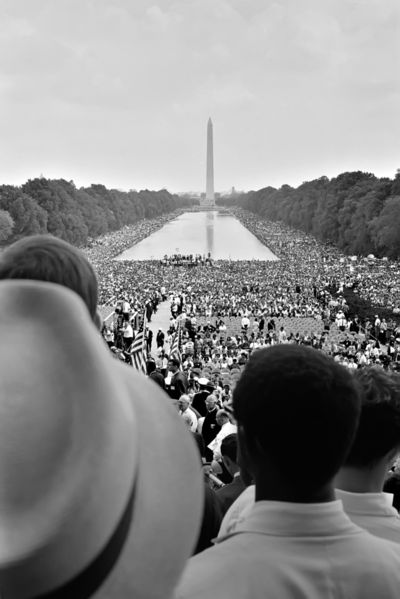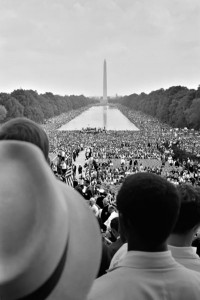The 1960s were a pivotal turning point in America’s history. In a simple passing of a decade, it seemed that America began to shed its image of “the perfect nuclear family” and became consumed with “sex, drugs and rock ‘N’ roll.” People were looking to free their minds.
Free love was the spoken mantra among the youth culture. It was the days of Woodstock and summers spent carelessly in the sun. We went to the moon and back, seeking to find something new.
The “shaking ’60s” were years of exploration, innovation and sadly, segregation.
Signs were plastered and laws were placed that prohibited an entire group of people to do as they please. African-American children were being brought up to believe that they were somehow below the white children who they attended school with. They were separate but not equal.
For some, the ‘60s were a time of peace and love, but for others it was a time filled with hatred, riots and uncertainty. Fear ran rampant. Crosses were being burned on front lawns, while all the fire hoses in town were occupied—assaulting individuals for sitting in “white sections” of restaurants.
Through all the brevity and absolute chaos that filled the air at the time, it seemed that America had lost its way. Over all the uncertainty and all the painful cries for help, it seemed that one voice stood out. It filled the air, preaching acceptance and giving hope to those who needed it.
“I have a dream that one day this nation will rise up and live out the true meaning of its creed: ‘We hold these truths to be self-evident: that all men are created equal.”
At a time when many people didn’t have a voice, Martin Luther King JR. spoke for them. As an activist, pacifist and pastor, he quickly transitioned to the leader of the Civil Rights movement.
He wanted it to be known that love was the answer that everyone seemed to be searching for. An idea so new at the time, it seemed impossible.
With his strong guidance and booming voice filling their hearts, individuals found the courage to stand up and fight for what they believed in. They wanted change, and they wanted it fast.
In 1963, King organized, as what stands today, as the largest political rally in America’s history — the Great March on Washington.
Nearly 200,000- to – 300,000 thousand people stood behind King as he marched to the Lincoln Memorial to share the vision he had for the future.
“I have a dream that my four little children will one day live in a nation where they will not be judged by the color of their skin, but by the content of their character.”
He struggled, until the end of his life, to make America better for everyone. Tragically, he did not get to see the outcome of his work.
On this day, Jan. 20, we celebrate the life and work of King. While reflecting on everything he strove to achieve, we should take a step back and appreciate for him what he did for America, for his generations and his children’s.



